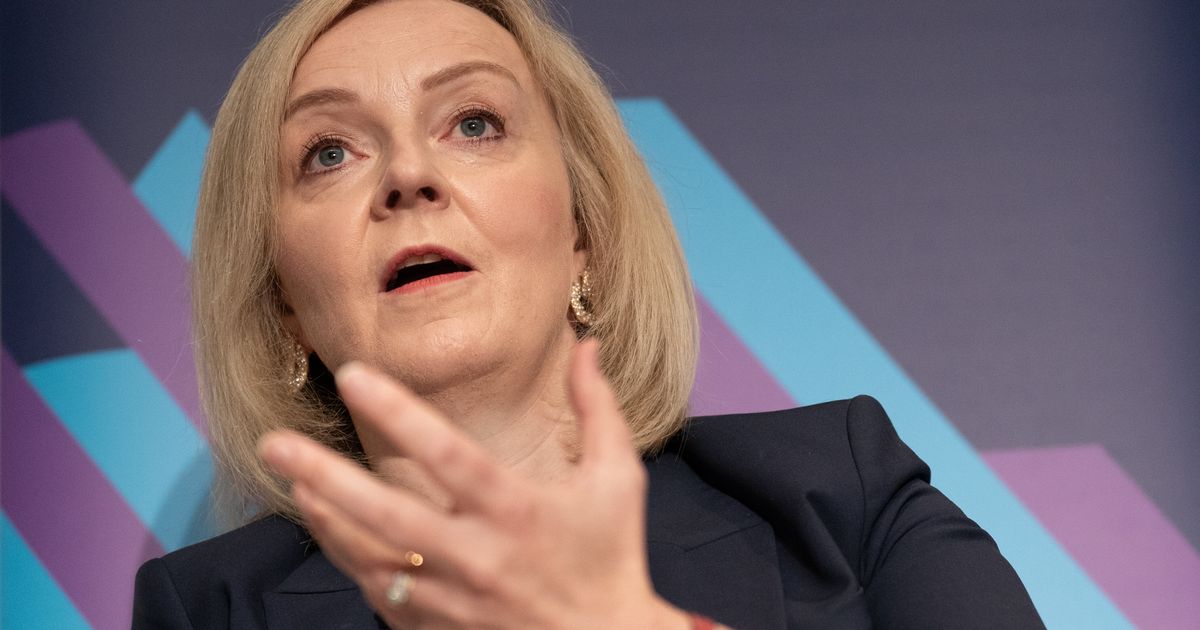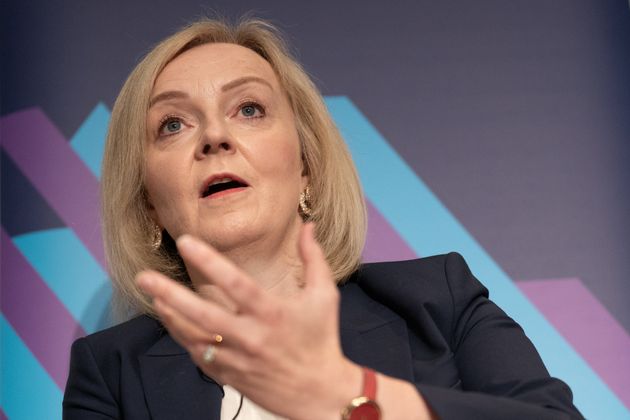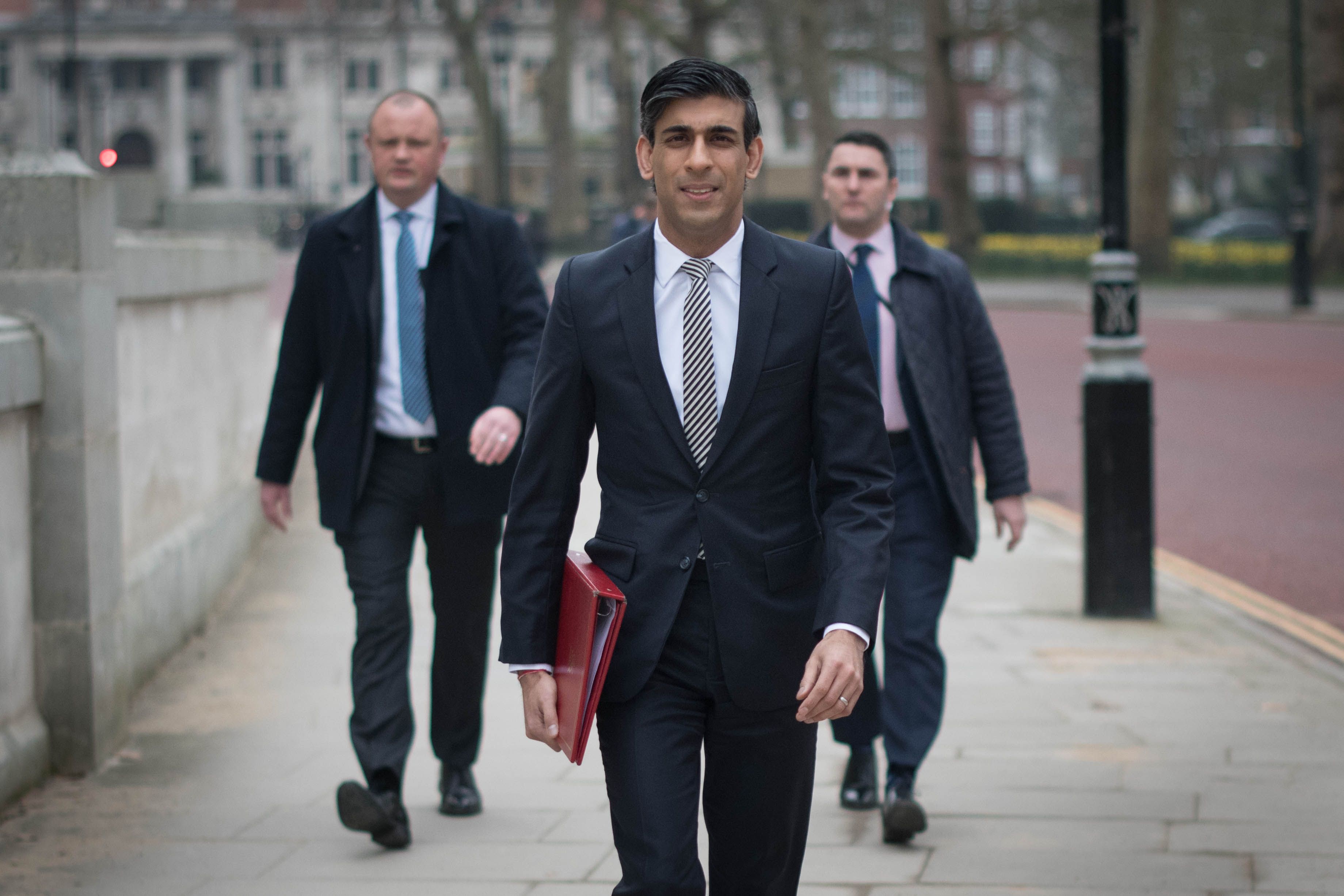
Jeremy Hunt will cut another 2p off national insurance as he mounts a last-ditch attempt to prevent a Tory meltdown at the general election.
The chancellor will unveil the move as part of a “Budget for long-term growth” that he hopes will turn around the Conservative’s miserable poll numbers with speculation mounting the voters could go to the polls in May.
Advertisement
But he has ruled out the cuts to income tax demanded by Tory MPs and thought to be favoured by Rishi Sunak.
Hunt announced an identical cut to to national insurance in last November’s autumn statement, but that did nothing to close the huge opinion poll gap with Labour.
Treasury officials say that taken together, the two reductions in national insurance will leave an average earner around £900 better off.
The chancellor will tell MPs: “In recent times the UK economy has dealt with a financial crisis, a pandemic and an energy shock caused by a war on the European continent.
Advertisement
“Yet despite the most challenging economic headwinds in modern history, under Conservative governments since 2010 growth has been higher than every large European economy.
“Unemployment has halved, absolute poverty has gone down, and there are 800 more people in jobs for every single day we’ve been in office.
“Of course, interest rates remain high as we bring down inflation. But because of the progress we’ve made because we are delivering on the prime minister’s economic priorities we can now help families with permanent cuts in taxation.
“We do this not just to give help where it is needed in challenging times. But because Conservatives know lower tax means higher growth. And higher growth means more opportunity and more prosperity.”
Hunt will add: “Our plans mean more investment, more jobs, more productive public services and lower taxes – sticking to our plan in a Budget for long term growth.”
Advertisement
The latest cutting national insurance by 2p in the pound will cost the Treasury around £10 billion a year, paid for by a combination of tax rises and spending cuts.
Hunt is expected to scrap the “non-dom” tax status enjoyed by wealthy foreigners living in the UK in a move which could raise up to £3.2 billion, while he is also set to extend the windfall tax on the profits of oil and gas firms.
A tax on vaping products is also expected to raise much-needed cash for the Treasury.
Hunt is expected to extend the 5p cut in fuel duty, first announced by Sunak in 2022 when he was still chancellor, at a cost of £5bn to the Treasury.
The chancellor is also set to usher in a new wave of austerity by slowing down the rate at which public spending goes up in future from 1% a year in real terms to 0.75%. That would save the government around £5 billion.
However, Hunt will defend this approach by insisting: “An economy based on sound money does not pass on its bills to the next generation.”
Advertisement
He will say Labour have “opposed our plans to reduce the deficit every step of the way”.
The chancellor will add: “With the pandemic behind us, we must once again be responsible and increase our resilience to future shocks. That means bringing down borrowing so we can start to reduce our debt.”
But shadow chancellor Rachel Reeves accused the Tories of presiding over “fourteen years of economic failure”.
“The Conservatives promised to fix the nation’s roof, but instead they have smashed the windows, kicked the door in and are now burning the house down,” she said.
“Taxes are rising, prices are still going up in the shops and we have been hit by recession. Nothing the chancellor says or does can undo the economic vandalism of the Conservatives over the past decade.
“The country needs change, not another failed Budget or the risk of five more years of Conservative chaos.”
Advertisement









